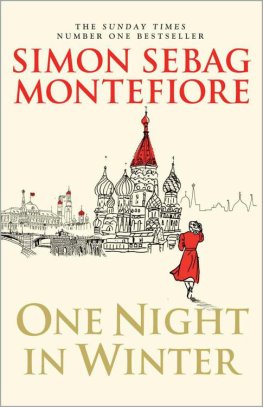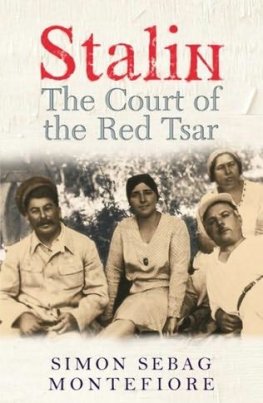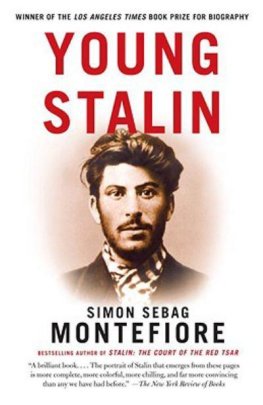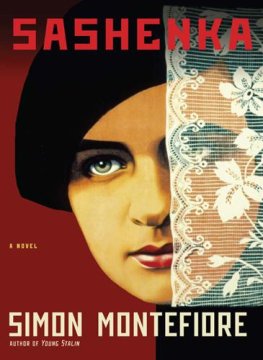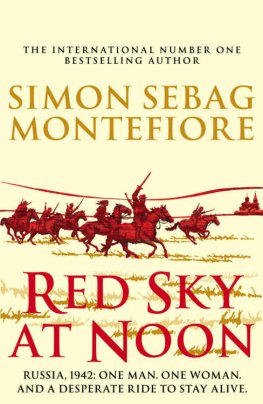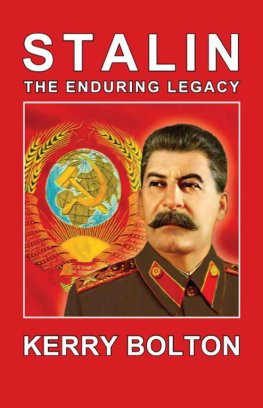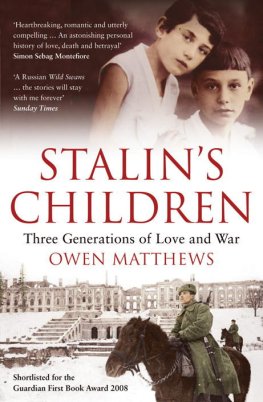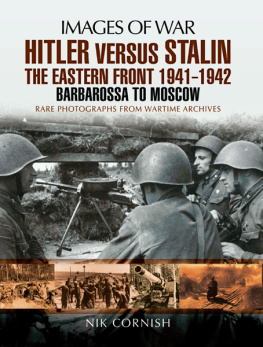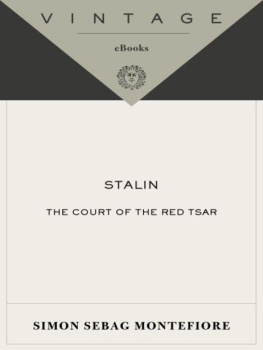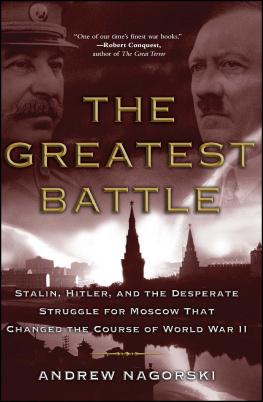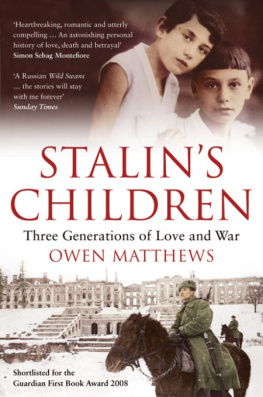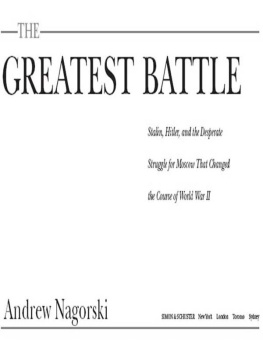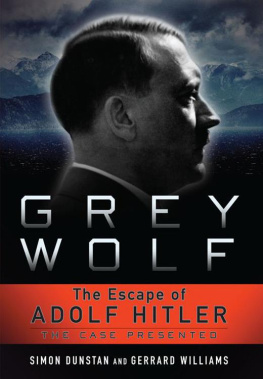Simon Sebag Montefiore
ONE NIGHT IN WINTER
To my parents April and Stephen and my son Sasha, the oldest and the youngest
Not a soul knew about it and probably no one would ever know. He was leading a double life: one was undisguised, plain for all to see and known to everyone who needed to know, full of conventional truths and conventional deception, identical to the lives of his friends and acquaintances; and another which went on in secret. And by some strange, possibly fortuitous chain of circumstances, everything that was important, interesting and necessary for him, where he behaved sincerely and did not deceive himself and which was the very essence of his life that was conducted in complete secrecy.
Anton Chekhov, The Lady with the Little Dog
Major characters are underlined; historical characters are marked with an asterisk*
THE CHILDREN AND THEIR PARENTSThe Romashkin family
Constantin Romashkin, scriptwriter and poet, married to:
Sophia Mouche Gideonovna Zeitlin, film star
Serafima Romashkina, 18, their only child
Sashenka Zeitlin, Sophias cousin, arrested 1939, fate unknown
The Satinov family and household
Hercules (Erakle) Satinov, Politburo member, Central Committee Secretary, Deputy Chairman of the Council of Ministers, married to:
Tamriko, Tamara Satinova, English teacher at School 801
Mariko Satinova, 6, their daughter
Satinovs sons by an earlier marriage in Georgia:
Vanya, Ivan Satinov, pilot, killed 1943
David Satinov, 23, pilot
George, Georgi Satinov, 18
Marlen Satinov, 17, School Komsomol Organizer
Colonel Losha Babanava, Comrade Satinovs chief bodyguard
Valerian Chubin, Comrade Satinovs aide
The Dorov family
Genrikh Dorov, Chairman, Central Control Commission, and Minister of State Control, married to:
Dashka, Dr Daria Dorova, Minister of Health, cardiologist
Their children:
Sergei Dorov, 20, army officer
Minka, Marina Dorova, 18, schoolfriend of Serafima
Demian Dorov, the Weasel, 17, Organizer of Young Pioneers
Senka, Semyon Dorov, the Little Professor, 10
The Blagov family
Nikolasha, Nikolai Blagov, 18
Ambassador Vadim Blagov, his father, diplomat
Ludmilla Blagova, his mother
The Shako family
Rosa Shako, 18, schoolfriend of Serafima
Marshal Boris Shako, her father, Soviet Air Force Commander
Elena Shako, her mother
The Titorenko family
Vladimir Titorenko, 17
Ivan Titorenko, his father, Minister of Aircraft Production
Irina Titorenka, his mother
The Kurbsky family
Andrei Kurbsky, 18, a newcomer to the school
Peter Kurbsky, his father, Enemy of the People, arrested in 1938, sentenced to twenty-five years without right of correspondence
Inessa Kurbskaya, his mother
THE TEACHERS OF THE JOSEF STALIN COMMUNE SCHOOL 801
Kapitolina Medvedeva, Director (headmistress) and history teacher
Dr Innokenty Rimm, Deputy Director, political science/Communist morals teacher
Benya Golden, Russian literature teacher
Tamara Satinova, English teacher (see Satinov family above)
Apostollon Shuba, physical education teacher
Agrippina Begbulatova, assistant teacher
THE LEADERS
Josef Stalin,* Marshal, General Secretary (Gensec) of the Communist Party, Chairman of the Council of Ministers, Supreme Commander-in-Chief, the Master, the Instantsiya
Vaska, Vasily Josefovich Stalin,* 24, his son, air force officer, Crown Prince
Svetlana Stalina,* 19, his daughter, student
Vyacheslav Molotov,* Foreign Minister, Politburo member
Lavrenti Beria,* secret policeman, Minister of Internal Affairs (NKVD/MVD) 193845, Deputy Chairman of Council of Ministers, Politburo member
Georgi Malenkov,* Politburo member
Andrei Vyshinsky,* Deputy Foreign Minister
Sasha, Alexander Poskrebyshev,* Stalins chef-de-cabinet
Vsevolod Merkulov,* Minister of State Security (MGB)
Victor Abakumov,* Chief of Military Counter-intelligence (SMERSH: Death to Spies), then Minister of State Security (MGB)
THE GENERALS
Marshal Georgi Zhukov,* Deputy Supreme Commander
Marshal Ivan Konev*
Marshal Constantin Rokossovsky*
THE SECRET POLICEMEN
Colonel Pavel Mogilchuk, investigator, Serious Cases Section MGB
General Bogdan Kobylov,* the Bull, MGB
Colonel Vladimir Komarov,* investigator, SMERSH/MGB
Colonel Mikhail Likhachev,* investigator, SMERSH/MGB
THE FOREIGNERS
Averell Harriman,* US Ambassador to Moscow
Captain Frank Belman, diplomat, deputy military attach, interpreter
I wish to thank the following friends and sources whose stories have helped inspire this novel with the elixir of passion and the detail of authenticity: Hugh Lunghi, Gela Charkviani, Nestan Charkviani, General Stepan Mikoyan and his daughter Aschen Mikoyan, Sergo Mikoyan, Stanislas Redens, Galina Babkova, Rachel and Marc Polonsky; and Sophie Shulman.
First: Hugh Lunghi. Hugh and I became friends while writing my books on Stalin because he translated for Churchill at some of the Big Three meetings with Stalin. He kindly told me the entire story of his Russian love affair which inspired Serafimas story. Without him the book could not have been written.
Gela Charkviani, son of Kandide Charkviani, Stalins First Secretary of Georgia 193851, shared his elegant memoirs of lite life, Memoirs of a Provincial Communist Prince. Sophie Shulman kindly let me read her fascinating memoirs, Life Journey of a Secular Humanist. Gela Charkviani and Sophie Shulman answered my questions about their schooldays in Stalins Russia. General Stepan Mikoyan, air force pilot, and Sergo Mikoyan, sons of Politburo member Anastas Mikoyan, were both arrested (Sergo was fourteen) in the real Childrens Case and both talked to me about their experience, as did Stanislas Redens, Stalins nephew, who was also arrested.
Thanks to the Polonskys who had me to stay in Molotovs apartment in the Granovsky building.
I am hugely grateful to my brilliant, tireless and meticulous editor and publisher, Selina Walker, and to the irrepressibly superb Georgina Capel, the best agent in town. Thanks to my parents for editing this.
Above all, thanks to my wife Santa for the supreme gifts of serene love and best friendship; and for shrewd advice on this book; and to my adored children Lily and Sasha, who have inspired the children in both my Russian novels.
SSM
June 1945Just moments after the shots, as Serafima looks at the bodies of her schoolfriends, a feathery whiteness is already frosting their blasted flesh. It is like a coating of snow, but its midsummer and she realizes its pollen. Seeds of poplar are floating, bouncing and somersaulting through the air in random manoeuvres like an invasion of tiny alien spaceships. Muscovites call this summer snow. That humid evening, Serafima struggles to breathe, struggles to see.
Later, when she gives her testimony, she wishes she had seen less, knew less. These arent just any dead children, slurs one of the half-drunk policemen in charge of the scene. When these policemen inspect the IDs of the victims and their friends, their eyes blink as they try to measure the danger and then they pass on the case as fast as they can. So its not the police but the Organs, the secret police, who investigate: Is it murder, suicide or conspiracy? they will ask.
What to tell? What to hide? Get it wrong and you can lose your head. And not just you but your family and friends, anyone linked to you. Like a party of mountaineers, when one falls, all fall.
Yet Serafima has a stake even higher than life and death: shes eighteen and in love. As she stares at her two friends who had been alive just seconds earlier, she senses this is the least of it and she is right: every event in Serafimas life will now be defined as Before or After the Shootings.

